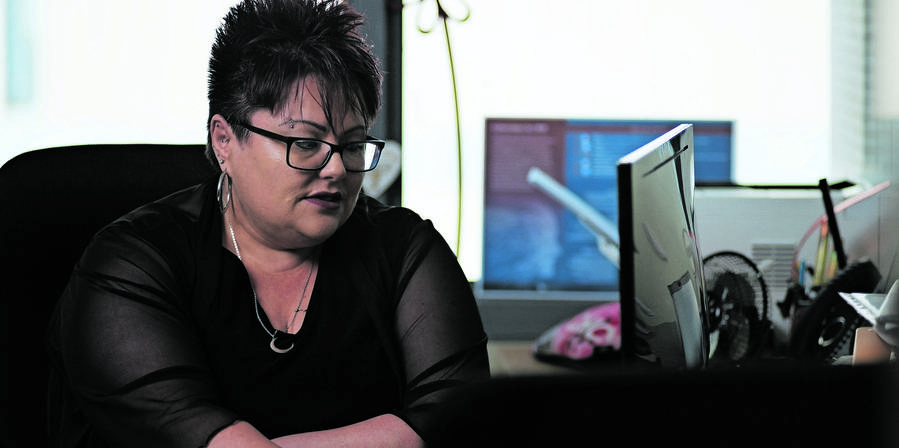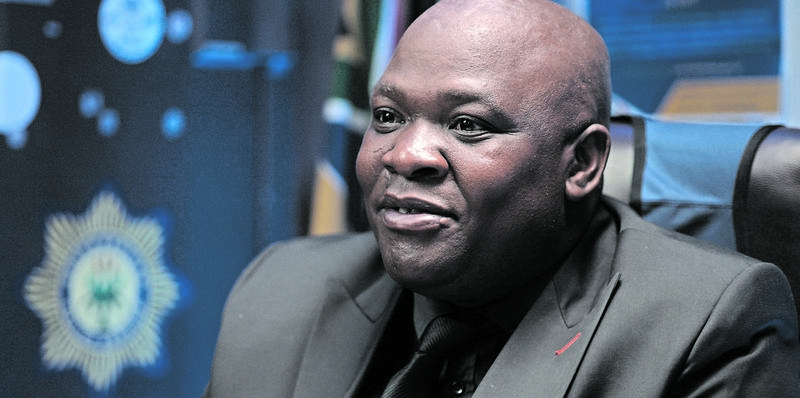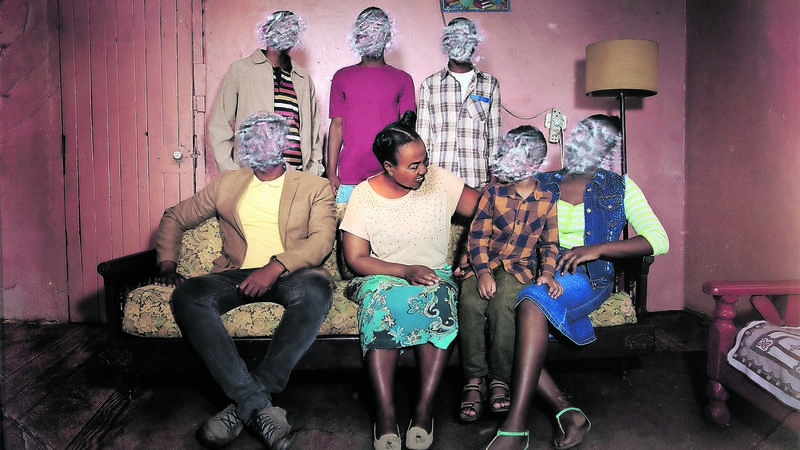A graphic rendition of Rosemary Ndlovu. (Multichoice)
“Cruel and hellish” are the words the late Judge Ramarumo Monama used when he handed down serial killer Rosemary Ndlovu’s sentence.
The gruesome case that shocked South Africa has been turned into a documentary called Rosemary’s Hitlist on Showmax.
It unpacks all the murders, and attempted murders, of Ndlovu’s family members, in the name of claiming life insurance money.
It is hard to watch, as family members tell how their loved ones lost their lives at the hands of someone they loved and trusted.
Concentrating on the production values of the documentary was made difficult by the gruesome nature of the story. How could a person be so emotionally dissociated and driven by money that they would go to those lengths to get it?
After watching the documentary series a second time, I realised how captivating and well made it is.
 Riana Williams, who was the prosecutor when Rosemary Ndlovu was tried for murder. (MultiChoice)
Riana Williams, who was the prosecutor when Rosemary Ndlovu was tried for murder. (MultiChoice)
Keeping the documentary format, director Valentino Mathibela, who also directed the first season of the Real Housewives of Durban and Lebo M: Coming Home, both successful Showmax productions, made sure each episode was packed with facts about the case and, most importantly, made sure that the stories of the victims were respected.
The use of the family tree, as well as the timeline as cutaway, is effective because of the complex or shocking nature of the events. It gives the viewer a chance to pause and understand the depth of the story while also making you realise how someone wiped out their partner and five of her relatives. It’s a picture that is very difficult to get out of your head.
It was hard not to follow the Ndlovu story as media houses kept us updated and folks on Twitter gave accounts of what they felt and thought about the case.
However, what Mathibela did that was different was bring in experts in the science and culture fields to delve into the deeper story.
 Sergeant Keshi Mabunda was the investigator when Rosemary Ndlovu was tried for murder. (MultiChoice)
Sergeant Keshi Mabunda was the investigator when Rosemary Ndlovu was tried for murder. (MultiChoice)
For example, spiritual healer Gogo Dineo Ndlanzi makes an appearance when she gives her opinion about the make-up of someone like Ndlovu from an African spirituality perspective.
What brings the documentary together is the well-selected cutaways of Ndlovu in the dock and in different states of emotion.
I remember seeing clips of her in court interacting with the media but in the documentary Mathibela, for example, carefully juxtaposes footage of Ndlovu being distraught with her flirting with reporters and throwing chips at them.
Those moments are what shock you into remembering this person was entrusted with serving and protecting society as a police officer.
Although the story is about the murders that were planned and carried out by Ndlovu, Mathibela makes sure we hear the victims — actually hear them, outside of learned lawyers and the flamboyance of the media.
Ndlovu’s sister, Joyce Ndlovu, who was meant to be killed along with her five children the day Ndlovu was apprehended, says in the documentary that what hurt her the most was that her sister was going to kill her and her children for nothing.
 A graphic rendition of the family members she murdered for life insurance payouts. (MultiChoice)
A graphic rendition of the family members she murdered for life insurance payouts. (MultiChoice)
She says she does not have much — even the home she lives in was built by the government — and the one person who was supposed to love and protect her and her children was going to kill her, for nothing.
And we heard her.
One criticism is that it is a very intense film. However, it is a great watch for both those who have been following the case and those who have only heard about it in passing.